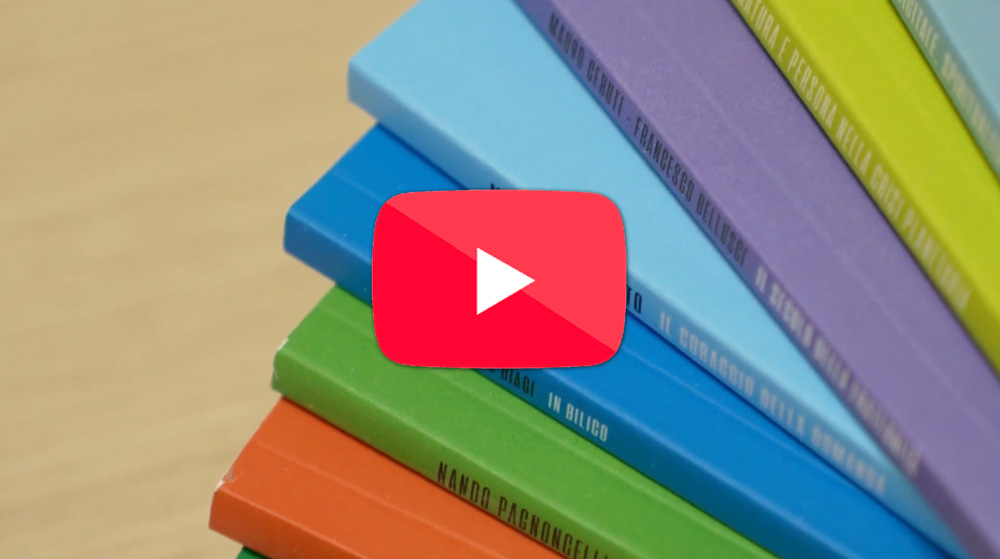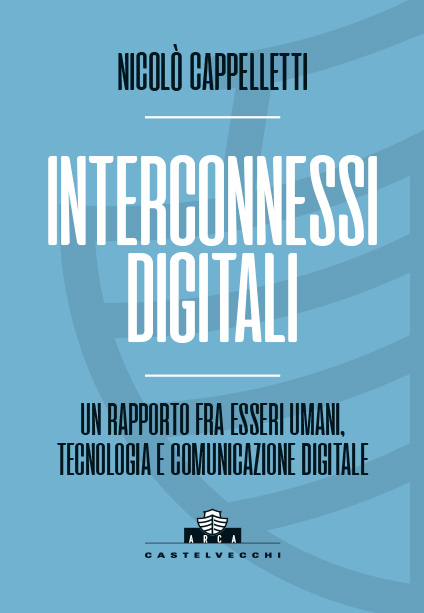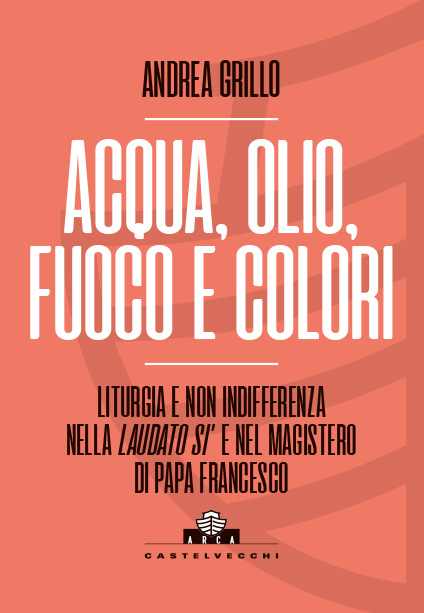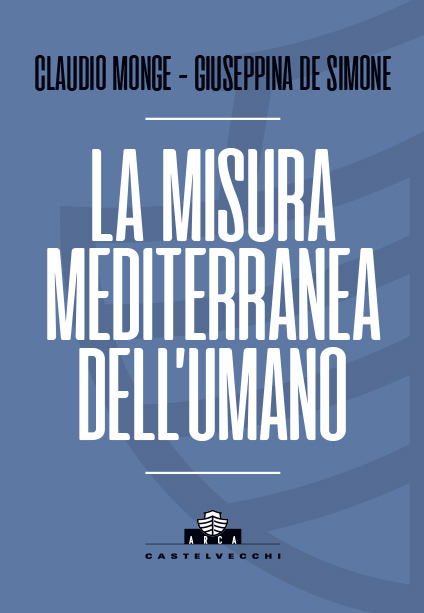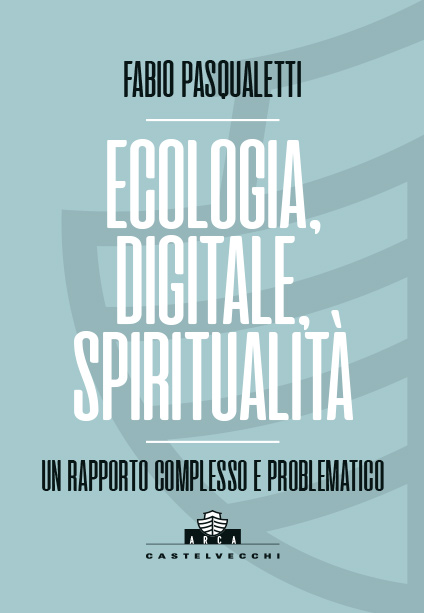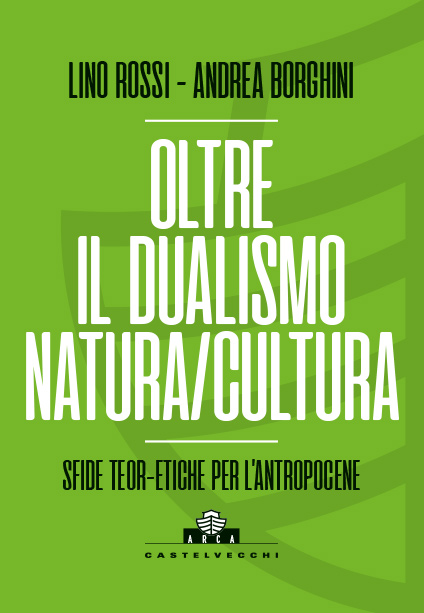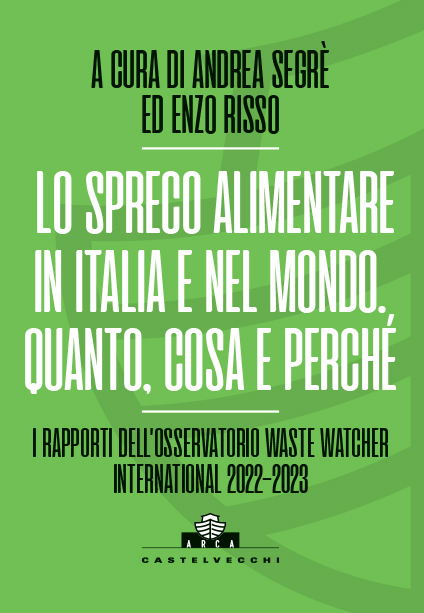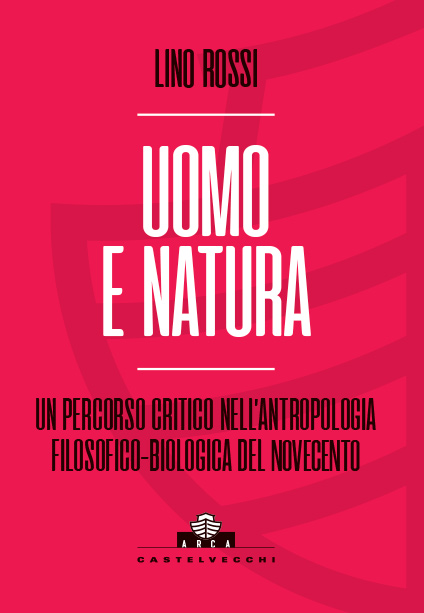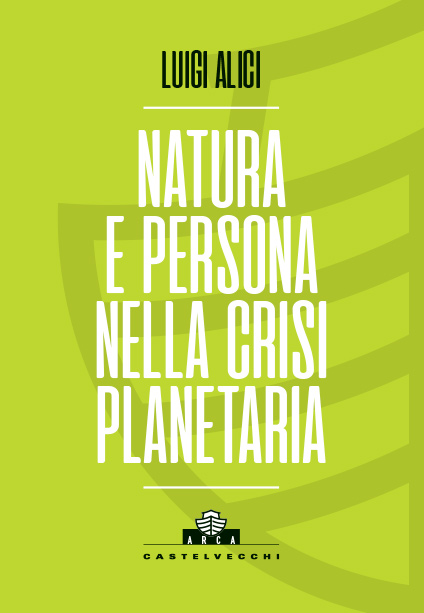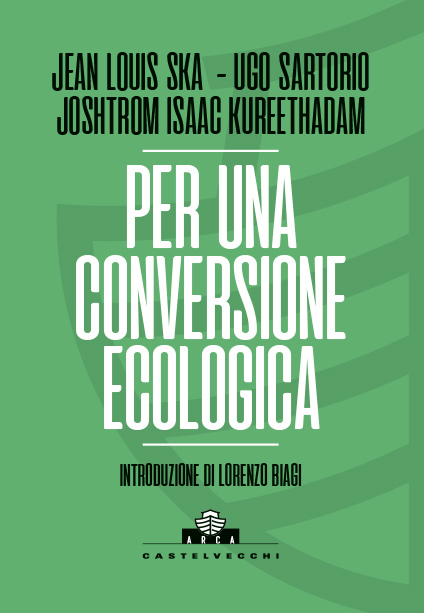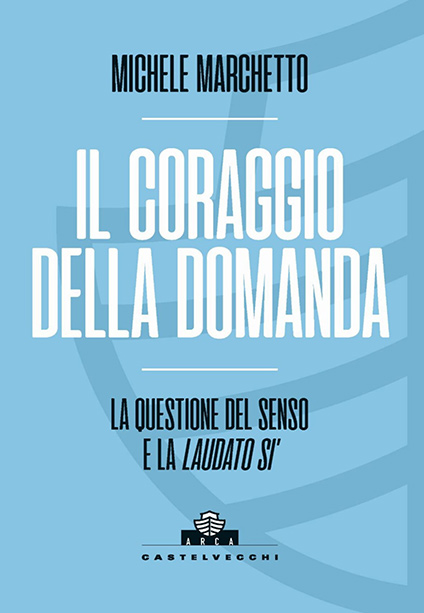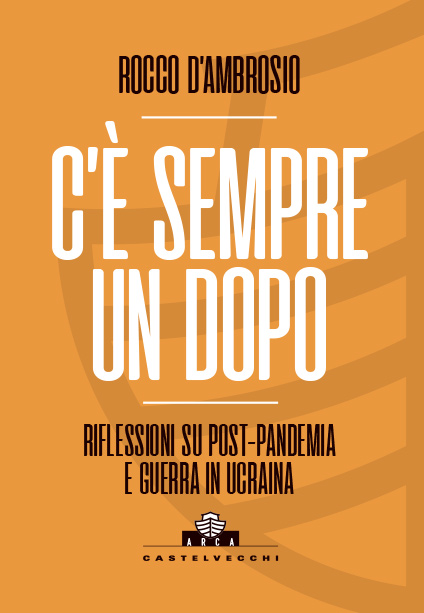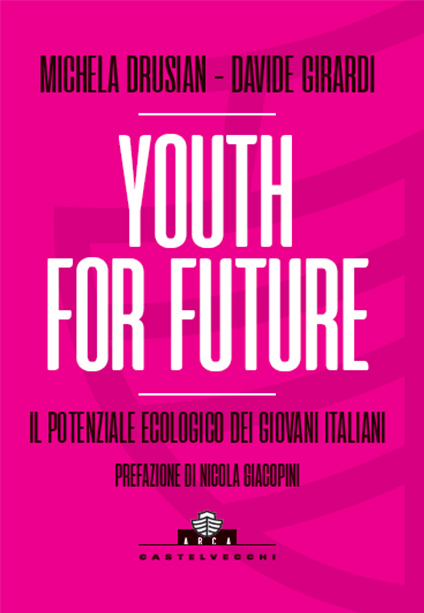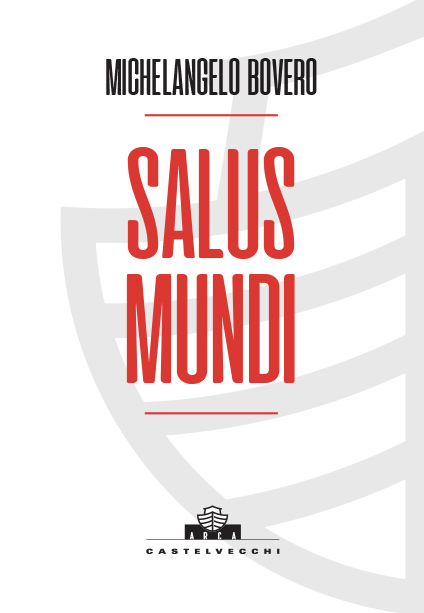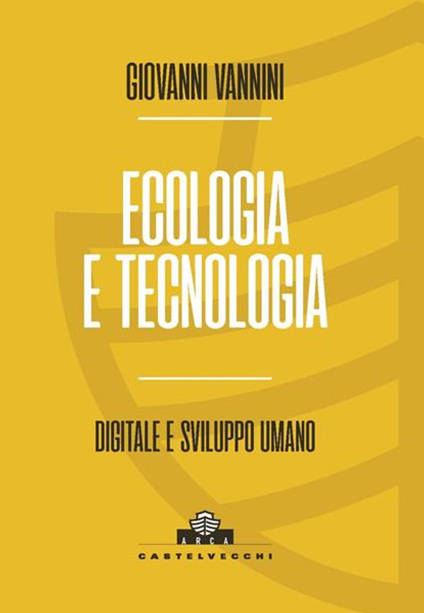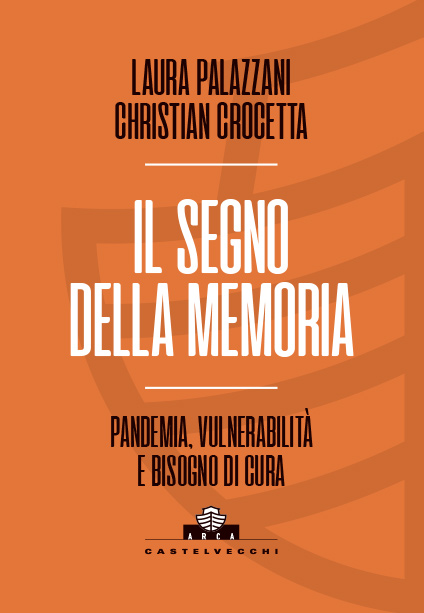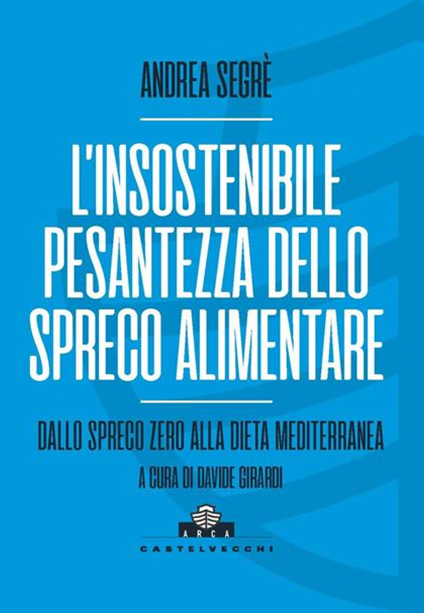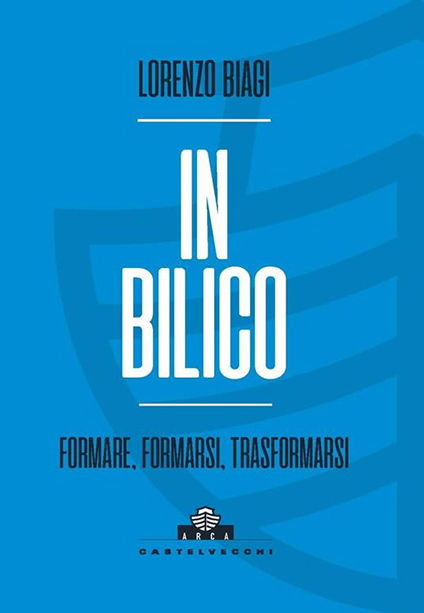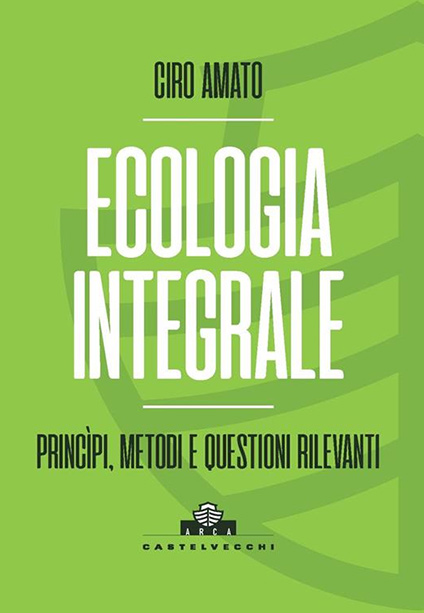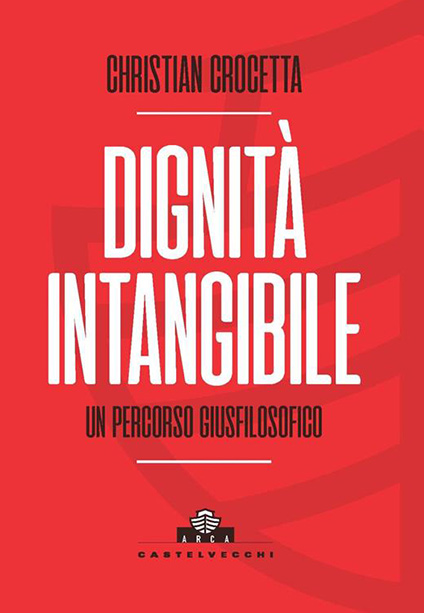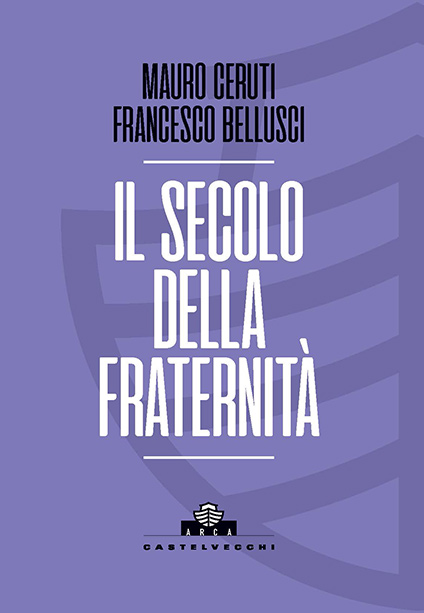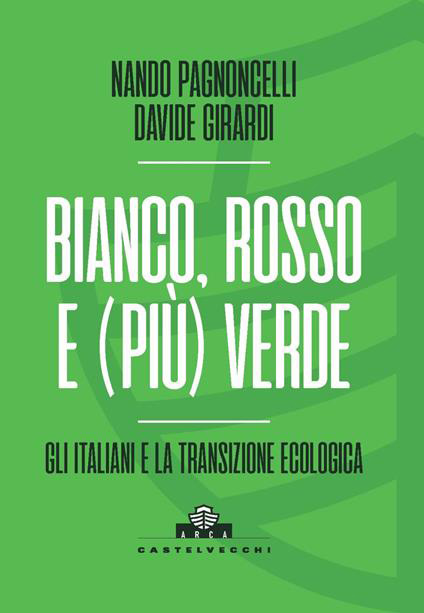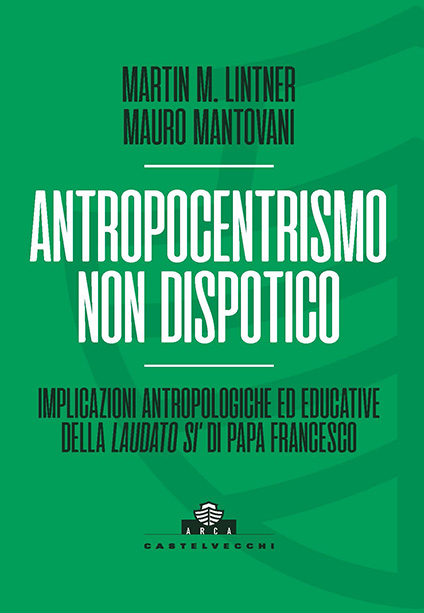Titolo: Caratteristiche ed ‘anomalie’ della relazione uomo-strumento musicale
Tipo di pubblicazione: articolo
Anno di pubblicazione: 2015
Autore: Giuseppe Lucilli
Rivista: IUSVEducation #05
Pagine: 8-45
Data di pubblicazione: luglio 2015
Editore: IUSVE – Istituto Universitario Salesiano
ISSN: 2283-334X
Come citare: Lucilli, G. (2015). Caratteristiche ed ‘anomalie’ della relazione uomo-strumento musicale. IUSVEducation, 5, 8-45. https://www.iusveducation.it/caratteristiche-ed-anomalie-della-relazione-uomo-strumento-musicale/
Parole chiave: : strumento musicale, macchine, a-strumentalità, sostenibilità educativa
Paper PDF: IUSVEducation_05_Lucilli_CARATTERISTICHE_ANOMALIE_RELAZIONE_UOMO_STRUMENTO.pdf
Abstract:
In questo articolo si intende approfondire la natura della relazione uomo-strumento musicale come particolare declinazione della più generale relazione uomo- macchina, mettendo in evidenza come questa relazione-interazione abbia delle caratteristiche radicalmente in controtendenza rispetto alla logica strumentale, funzionale e di consumo tipica dell’apparato della tecnica. All’interno di essa, infatti, sembra non potersi realizzare quel capovolgimento da mezzi a fini tipico dell’età attuale che conduce ad atteggiamenti di tipo passivo ed ‘oracolare’ nei confronti di macchine e strumenti.
Diversamente da molte delle altre tecnologie, la relazione con gli strumenti musicali sembra non indurre effetti di tipo esonerante sull’individuo, ma, anzi, configurandosi come uno strumento ‘a-strumentale’ mantiene vivo il contatto con il corpo e con tutte le abilitazioni cognitive dell’individuo. L’interesse per tale tematica scaturisce dalle conseguenze che tali considerazioni sugli strumenti musicali possono avere nel contesto di una generale rivalutazione della pratica strumentale negli ambienti di formazione ed apprendimento, come pratica utile a definire e testimoniare le idee di sostenibilità e di creatività sostenibile.
Keywords: musical instrument, machines, un-instrumentality, educational sustainability
Abstract:
This article intends to investigate into the nature of the relationship man-musical instrument as a particular version of the more general relationship between man and machine, highlighting how this relationship-interaction has characteristics which are radically in contrast in comparison with the instrumental, functional and consumption logic typical of a technical apparatus. Within it, in fact, the reversal from medium to goal – typical of our days –that leads to of passive and ‘oracle’ -like attitudes towards machines and tools, seems unachievable.
Unlike many other technologies, the relationship with musical instruments does not seem to induce ‘exempting’ effects on the individual, but, rather, being an un-instrumental tool, it keeps the contact with the body and with all the cognitive capabilities of the individual. The interest in this issue stems from the consequences that such considerations on musical instruments may have in the context of a general re-evaluation of the instrumental practice in training and learning environments, as a useful practice to define and to witness the ideas of sustainability and sustainable creativity.











